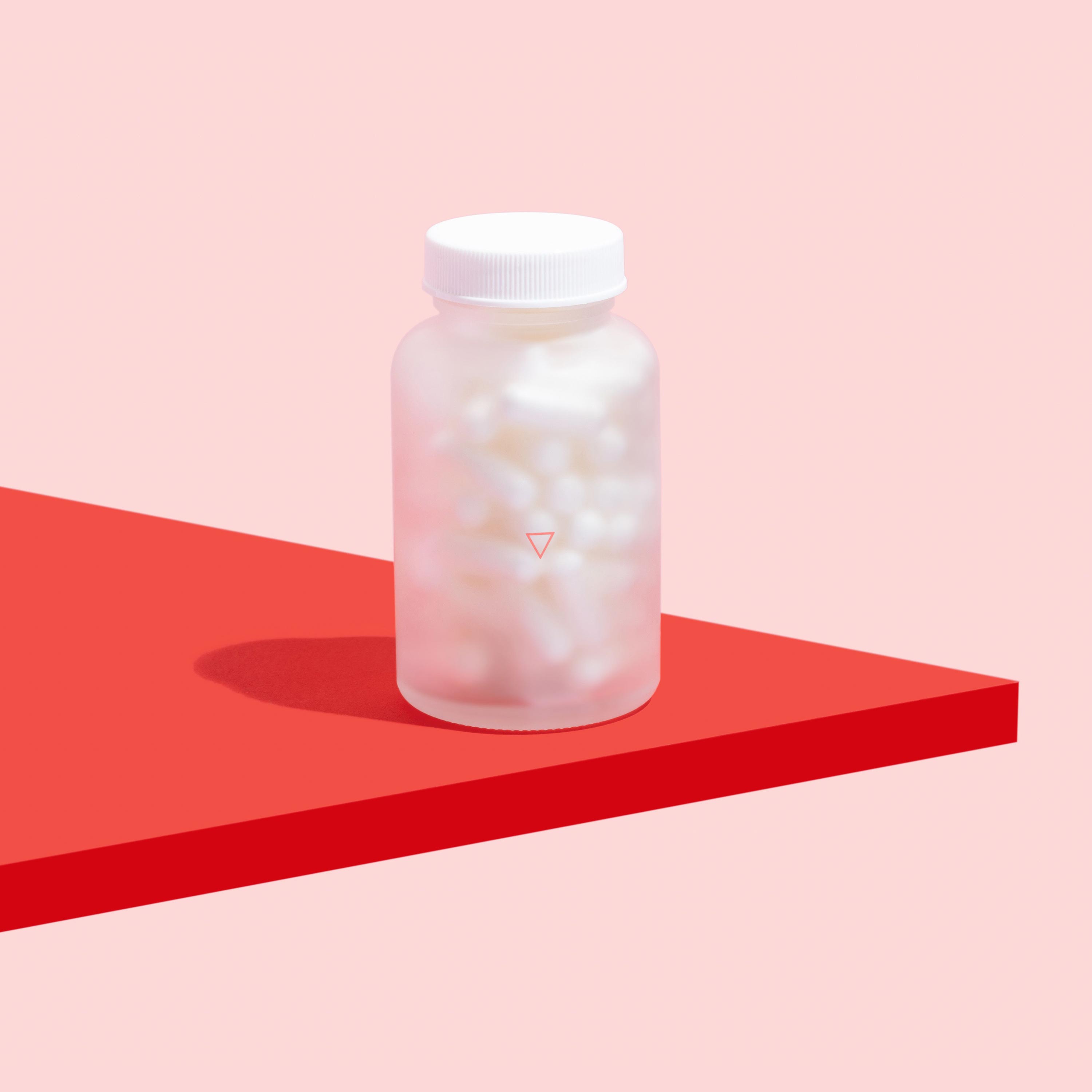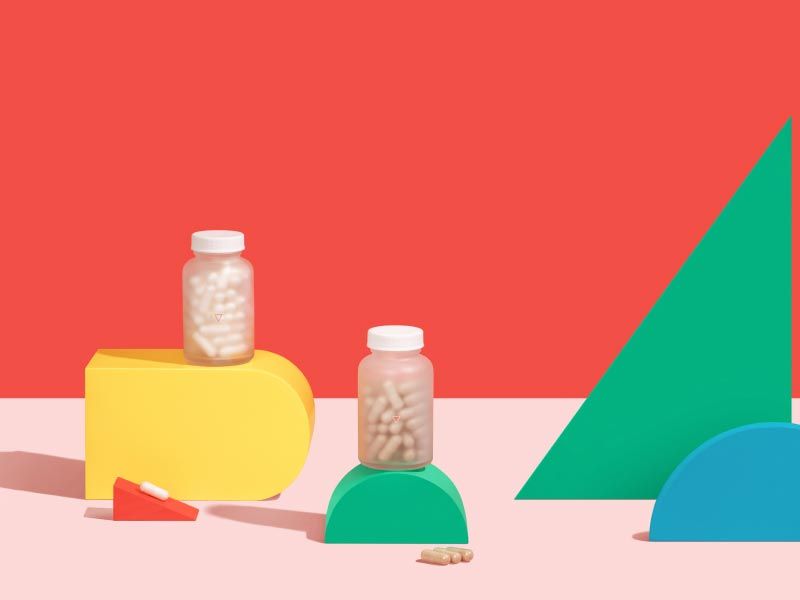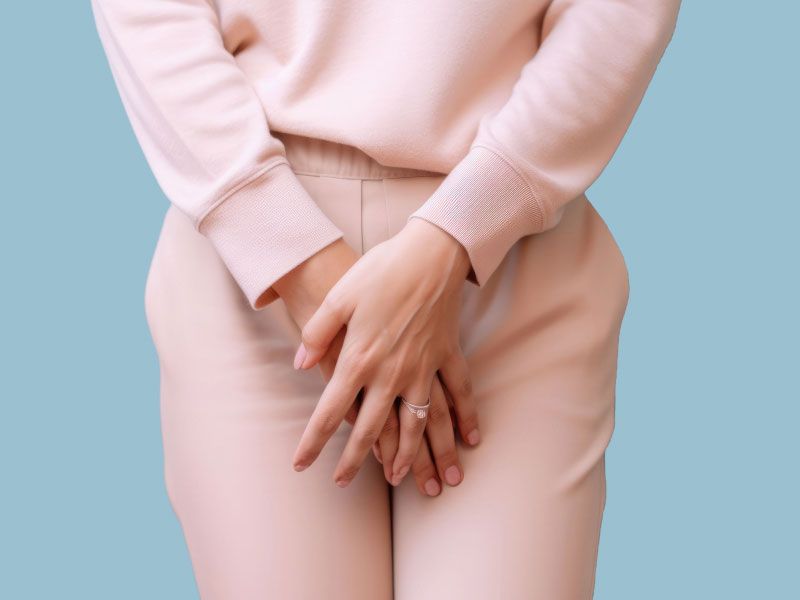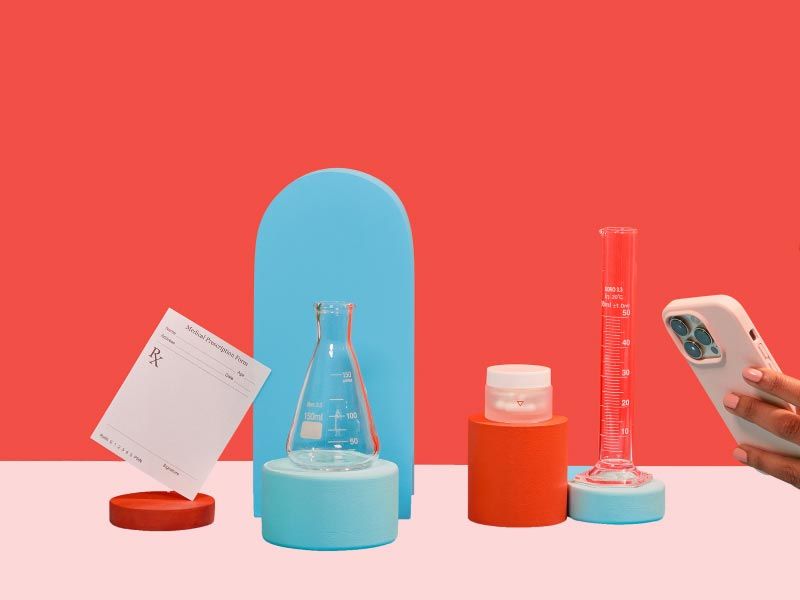
Can You Get an STD
From Kissing?
By Lizzie De La Cruz
August 19, 2020
With all the commentary, jokes and punchlines about STDs, it's sometimes difficult to remember all the ways you can get one! I know I can get an STD from having sex, and also from oral sex—but how do I stay protected from ALL the ways you can get an STD? I mean, if you can get an STD from oral sex, can you also get get an STD from kissing?
Can You Get an STD From Kissing?
Except during flu season, most of us operate under the assumption that kissing is a risk-free pleasure enjoyed between lovers. Yet, while that's true, and likely to remain so, kissing does provide an opportunity to contract sexually transmitted diseases (STDs). Fortunately, there are only a few STDs that are transmitted through kissing: herpes, cytomegalovirus and syphilis—although syphilis is especially rare.
Getting Herpes From Kissing
While a majority of humans will come into contact with herpes during their lifetime—whether they're sexually active or not—most of us remain relatively uninformed about how herpes is transmitted between humans. The herpes virus, which is responsible for both oral and genital ulcers, is extremely common and has no cure. And while oral and genital herpes are typically caused by two different strains of the herpes virus, you can technically pass both through kissing. Confused? Let's try to clear that up!
HSV-1: Oral Herpes, aka "Cold Sores"
Herpes Type 1 (HSV-1) is commonly referred to as cold sores, fever blisters or oral herpes, and is primarily spread through kissing (oral to oral contact), especially if one partner is experiencing an active outbreak. An estimated 67% of the population carries this virus. The most common symptoms of a cold sore outbreak are small red or white blisters in or around the mouth. These sores can be painful and will sometimes bleed before healing. While the possibility of transmitting the virus is higher during an active (visible) outbreak, the virus also spreads when no visible symptoms are present. This process, known as "viral shedding," is something the body naturally performs to combat the virus. Because no symptoms are present during viral shedding, if you contract the herpes virus at this time, it is known as "asymptomatic transmission." Since we are not able to look into every mouth we kiss with a microscope, the likelihood that someone will transmit the virus to you in your lifetime is extremely high—most often, HSV-1 transmission occurs during childhood. This occurs during normal acts of affection, such as a playground smooch, a parent kissing their child or two schoolchildren sharing a drink. As you can see, HSV-1 is uniquely suited to jump between humans, especially through oral contact. However, oral herpes is easily managed with antiviral medication that limits or prevents outbreaks and viral shedding.
Can I Get Genital Herpes From Cold Sores?
Yes, both HSV-1 and HSV-2 can spread through oral sex. Yet, while oral ulcers (cold sores) are most commonly the result of HSV-1, genital sores can develop following contact with an individual's mouth who is experiencing an active outbreak or viral shedding. In this specific instance, the genital sores that develop are the result of HSV-1.
What is the Difference Between Genital Herpes (HSV-2) and Oral Herpes (HSV-1)?
Another form of the herpes virus, HSV-2, is commonly referred to as genital herpes. HSV-2 transfers from genital contact during sex; and while oral transmission is technically possible, cases remain very rare. Just like HSV-1, genital herpes has no cure. However, genital herpes symptoms are easy to manage with antiviral medication, and it is even possible to suppress the virus in your body to greatly reduce the likelihood of transmission to a sexual partner. If you only experience a few outbreaks a year, either oral or genital, the best herpes advice is to keep an extra dose of antivirals on hand to take at the beginning of an outbreak. Most of the time, outbreaks are triggered when your immune system is run down or you are under a lot of stress. Taking antivirals early not only reduces the severity of a herpes outbreak, it can prevent sores and other symptoms all together.
Cytomegalovirus (CMV) You may be unfamiliar with this particular virus. Like herpes, it can be treated, but there is no cure currently. Also, like herpes, people typically only have symptoms when their immune system has been compromised. This viral infection can spread through saliva, so it can be contracted through kissing. It's also considered an STD because it's frequently spread through sexual contact. The symptoms of CMV include body aches, fever, sore throat and fatigue.
Syphilis We like to start by mentioning that it's extremely rare for syphilis to be transmitted through kissing, so while it's possible, it shouldn't be a huge concern for you. It's way more likely for this bacterial infection to be spread through genital, oral or anal sex. That said, it is possible, especially if you're engaging in some "deep" kissing where you and your partner touch tongues as you kiss. This increases the risk since you expose yourself to more tissue that could potentially be infected if they do carry the infection. Some of the symptoms for syphilis include fever, sore throat, headache, hair loss, exhaustion, brain damage and memory loss. While this STD is the one that you're least likely to contract from kissing, it's also the most dangerous, and can become extremely serious or even fatal if it isn't treated with the right antibiotics as soon as possible.
STDs You Can't Get From Kissing
That's it, just four STDs that you can get from kissing—three if you group cold sores and genital herpes into one category. However, just to give you a little added reassurance that we didn't forget anything, here is a list of STDs that you can't get from kissing:
- Human papillomavirus (HPV): This is a common virus that you've likely heard of (and may even have yourself). You contract this disease by having unprotected oral, genital or anal sex with someone who has the virus. It's associated with genital warts and increases the likelihood that you could develop certain kinds of cancers.
- Chlamydia: This is a treatable bacterial STD that you can only contract if you have unprotected genital, oral or anal sex with someone infected.
- Trichomoniasis: This is a treatable parasitic infection that you can only get by having unprotected genital sex, although there are cases where it is contracted by having oral or anal sex.
- Human immunodeficiency virus (HIV): HIV is a viral infection that you can contract if you come in contact with genital fluids, semen, blood or breast milk that's infected with the virus. It is not, however, transmitted through saliva.
- Hepatitis B: Hep B is a liver disease that you can only get if infected semen, blood or saliva enters your body or comes into contact with your mucosal membranes. Don't stress, though. This can't happen through kissing or sharing utensils. It can only happen through sexual contact, touching open sores or sharing needles.
- Gonorrhea: This is another treatable bacterial infection that, like chlamydia, can only be spread through unprotected genital, anal or oral sex.
- Pelvic inflammatory disease (PID): This is an infection of the reproductive organs that is contracted by having unprotected sex with someone who has a bacterial infection like gonorrhea or chlamydia. If the infection isn't treated, the bacteria could spread to the uterus, ovaries or fallopian tubes, causing PID.
How to Avoid Contracting an STD Through Kissing
There are two different ways to avoid contracting an STD through kissing. For starters, always be careful to avoid kissing anyone who has an obvious open sore. If you notice a sore, avoid touching the area and encourage them to get treated. That said, humans don't always show symptoms and can pass on an STD without you having any idea. While it can be uncomfortable or awkward, be direct and ask your partner if they're aware of any STDs they might carry.
If you suspect you've contracted an STD, get tested right away so you can get the medication you need to treat it immediately to suppress herpes outbreaks and avoid passing the virus to your partner it early and prevent it from spreading further. You can even have your medication discreetly packaged and delivered to you, so no one ever has to know what you ordered.
So there you have it. Can you get an STD from kissing? The answer is yes. However, the likelihood is extremely low. That said, we know how intimidating it can be to kiss someone for the first time, so just be as relaxed as possible and when you know you're ready, go for it!
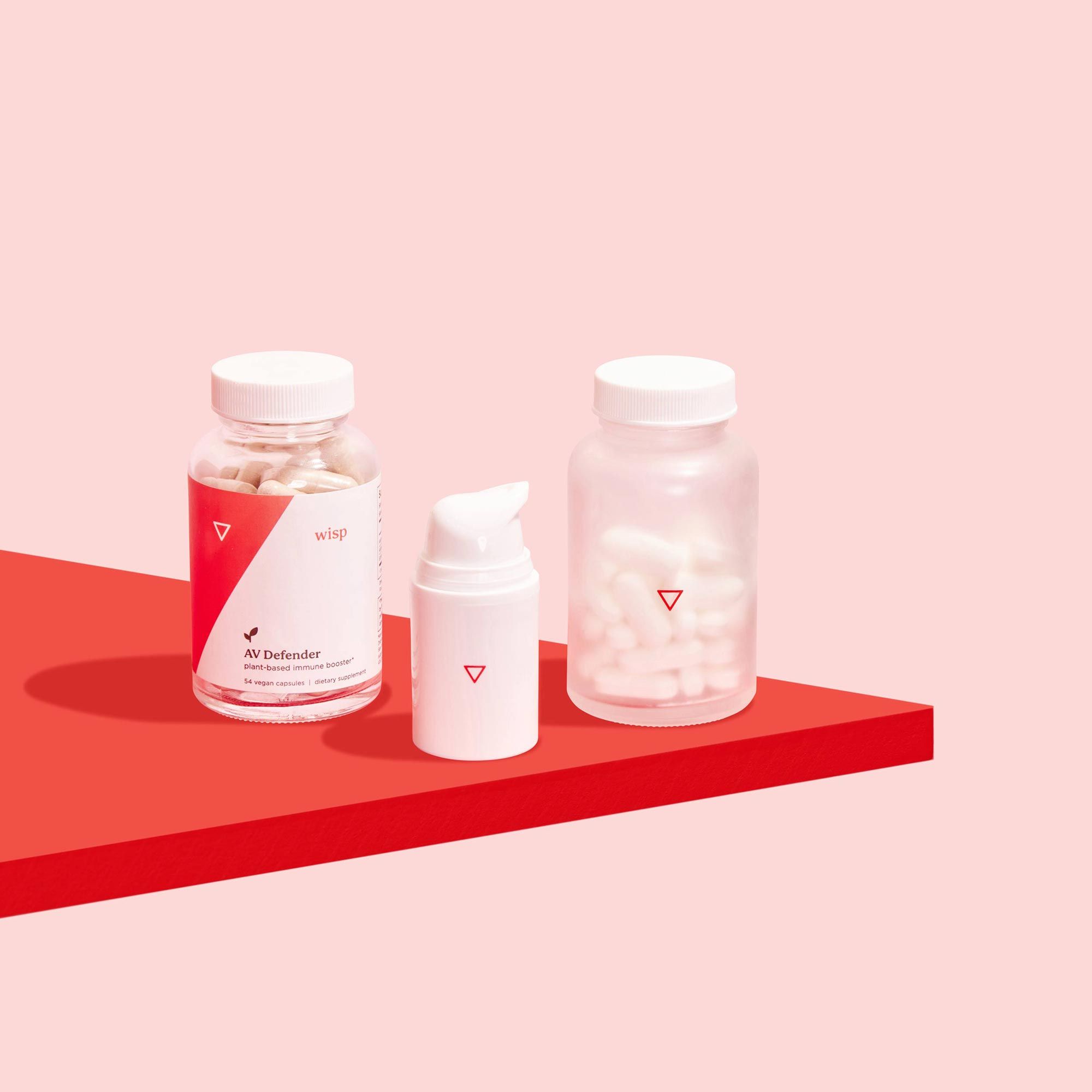
Cold Sore Trio
Starting at $45
Bundle Valacyclovir & Acyclovir For HSV-1 & HSV-2, Acyclovir 10% Topical Cream, and All-Natural AV Herbals to treat & prevent outbreaks.
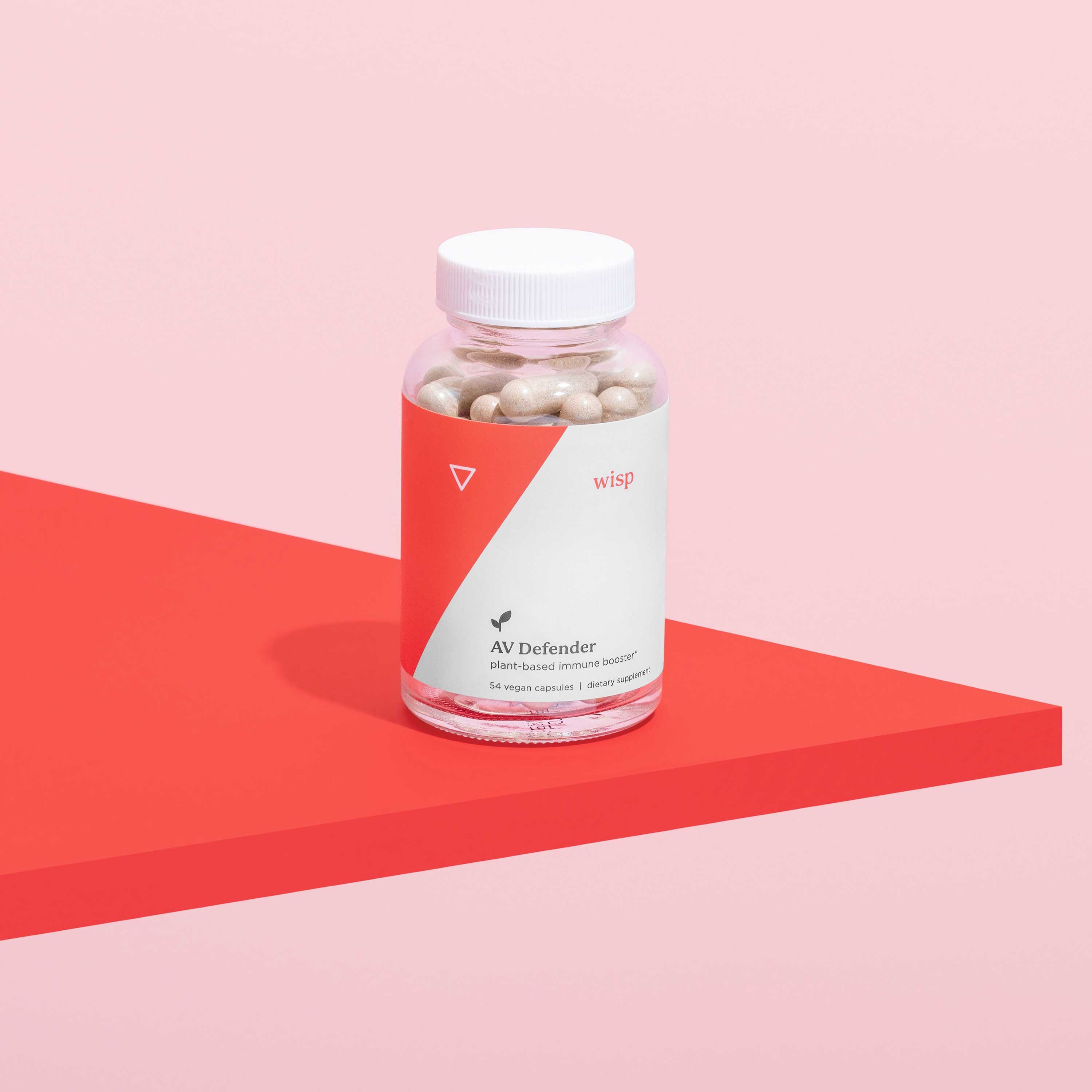
AV Defender Herbal Supplement | HSV-2
Starting at $27
This natural immunity booster supports key areas of the body to help reduce the frequency of outbreaks.

Wisp Cover Up! Hydrocolloid Cold Sore & Pimple Patches
Starting at $18
Wisp Cover Up! Hydrocolloid Cold Sore & Pimple Patches help protect and speed healing of cold sores, herpes outbreaks, pimples, and other skin damage.
